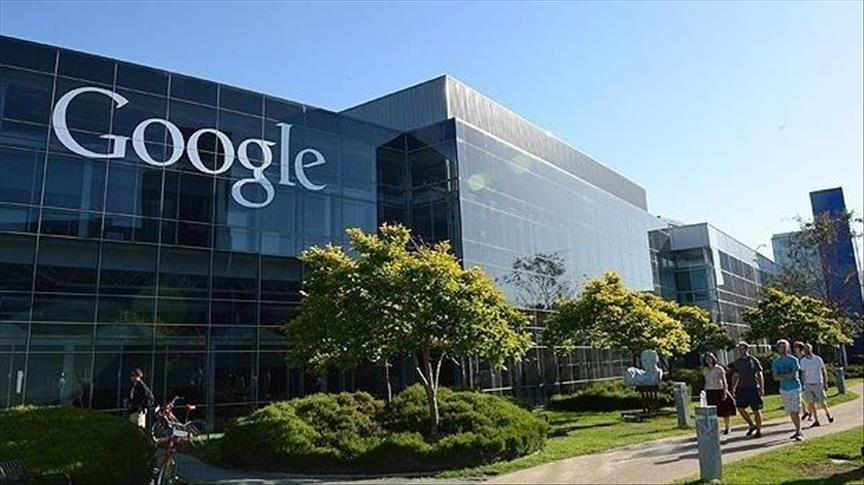
AI Energy Consumption Drives Significant Rise in Google's Emissions
Increased Data Center Usage Challenges Tech Giant's Climate Goals
Google's ambitions to reduce its climate impact are facing substantial hurdles due to the escalating energy demands of its data centers, which are crucial for supporting new artificial intelligence technologies. On Tuesday, the tech company reported a 48% increase in its greenhouse gas emissions over the last five years.
The rise in emissions is primarily attributed to the electricity required by data centers and the emissions generated by Google's supply chain. In its latest environmental report, Google disclosed that its 2023 emissions rose by 13% compared to the previous year, reaching 14.3 million metric tons.
Despite substantial investments in AI, Google acknowledged that achieving its "extremely ambitious" target of net zero emissions by 2030 is fraught with challenges. The company cited "significant uncertainty" regarding the future environmental impact of AI, which remains complex and unpredictable.
Since 2019, the baseline year for Google's net zero goal, the company's emissions have nearly doubled. This goal necessitates balancing the amount of CO2 emitted with the amount removed.
The International Energy Agency predicts that the electricity consumption of data centers could double from 2022 levels to 1,000 terawatt hours (TWh) by 2026, matching Japan's electricity demand. Research firm SemiAnalysis projects that AI could cause data centers to consume 4.5% of global energy by 2030.
Data centers are essential for the training and operation of AI models like Google's Gemini and OpenAI's GPT-4, which powers ChatGPT. Microsoft, another tech giant, has also acknowledged that its data center energy use is threatening its goal of becoming carbon negative by 2030. In May, Microsoft President Brad Smith admitted that the company's AI strategy has shifted the feasibility of this target.
Bill Gates, co-founder of Microsoft, recently expressed optimism that AI could help address the climate crisis, highlighting that tech companies are willing to pay a premium for clean energy to claim green energy usage.
To meet their climate objectives, major tech companies have become significant buyers of renewable energy. However, their commitments to reducing CO2 emissions are increasingly at odds with their investments in energy-intensive AI technologies. The environmental impact of manufacturing and transporting the servers and chips needed for these technologies, as well as their water usage, adds to the challenge. A study estimates that AI could account for up to 6.6 billion cubic meters of water usage by 2027, nearly two-thirds of England's annual consumption.